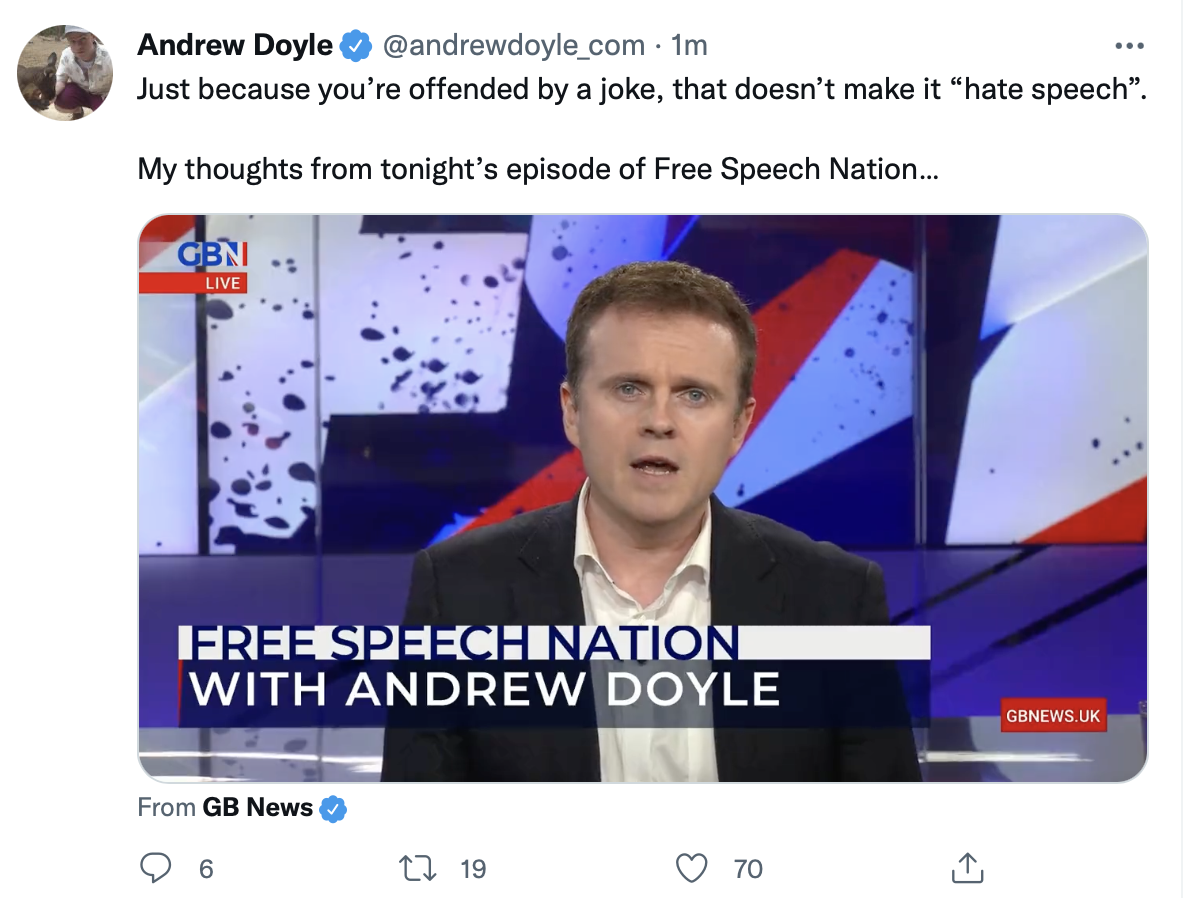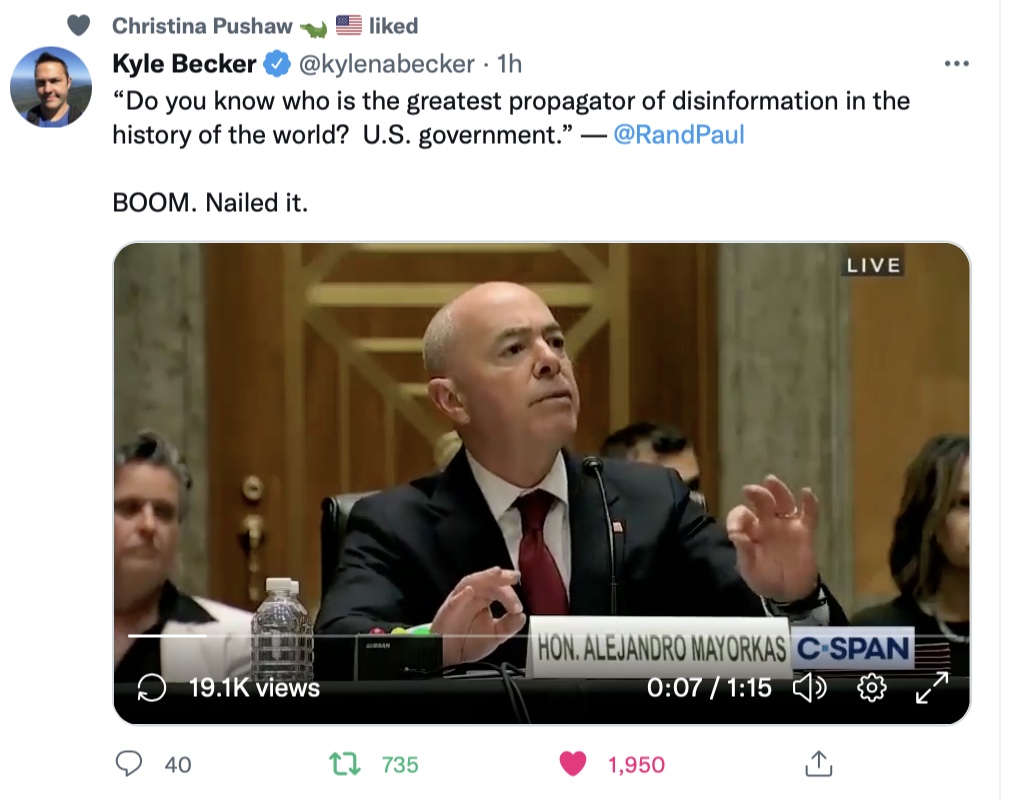I whole-heartedly agree with Greg Lukianoff's Advice to Elon Musk.
Dear Elon Musk,
My name is Greg Lukianoff. I’m the president of the Foundation for Individual Rights in Education (FIRE), a nonprofit nonpartisan organization. Since 1999, we have helped thousands of students and faculty members fight back when their free speech rights were threatened and have helped millions more through lawsuits and policy reforms. I am also the co-author of “The Coddling of the American Mind,” which investigates how a culture of safetyism and censorship harms individual mental health and American democracy.
Since its early days, I have been excited about social media’s potential and concerned about its leaders’ efforts to mitigate its downsides by restricting free expression. I agree with Mark Zuckerberg’s 2020 statement that “Facebook,” or any other social media company, “shouldn’t be the arbiter of truth.” Yet leading technology and social media companies have begun to act in precisely this way. They implement vague content moderation policies, remove and censor accounts with little or no explanation, and arbitrarily attach warning labels to content.
It doesn’t have to be this way. With the right leadership operating from a foundation of intellectual humility, social media platforms can become models of the value of free expression, even helping generate knowledge that moves society forward.
As Twitter’s owner, I hope you will encourage much-needed changes to the platform that will make it a positive force for free expression, interpersonal connection, and broader community understanding. And, in so doing, inspire leaders at other social media companies to do the same.
To that end, I hope you will consider the following:
-- Look to First Amendment law for guidance on implementing free speech-friendly policies. As a private company, Twitter is under no legal obligation to enforce First Amendment free speech standards. However, it makes great sense to voluntarily borrow their wisdom. First Amendment law is the longest-sustained meditation on how to protect free speech in the real world. This body of law, honed over the course of a century, can provide practical guidance and real-world precedents for managing the platform.
-- Eliminate viewpoint-discriminatory policies and practices. Viewpoint discrimination — singling out specific points of view for censorship while leaving others alone — is practically the definition of censorship. Banning or otherwise punishing speakers on the basis of their viewpoint not only chills speech but can intensify polarization. Twitter should craft policies that explicitly state that no one will be banned or otherwise penalized for merely expressing an opinion.
-- Use categories to clearly define sanctionable speech. American law takes a categorical approach to distinguishing protected and unprotected speech. The advantage of the categorical approach is that it limits the arbitrary censorship that can result from ad hoc balancing tests by limiting what can be banned to certain well-defined categories of unprotected speech. Categories of unprotected speech in the law include incitement to imminent lawless action, defamation, obscenity (essentially hard-core pornography), and true threats. Further, correcting a common misunderstanding, speech that is materially part of the commission of a crime is not protected. By reflecting categories of speech already existing in law, Twitter policies can be understood with clarity and enforced with consistency.
Knowing what people think — even if it’s troubling — is essential to understanding the world as it is and to deciding how to act within it. Unfortunately too many of today’s leaders — whether in education, at social media companies, or in the larger corporate and governmental world — preempt this process of understanding through censorship, believing they’re acting in the interest of either factual accuracy or emotional or psychological safety. Furthermore, they attempt to lead through confirmation, taking institutional positions on hotly contested issues, imposing a “correct” way to think.
Twitter can — and should — blaze a new trail, aspiring toward a positive vision of a freer and more constructive public conversation. It can do this by producing guidance and implementing structures that embrace institutional disconfirmation: an iterative process by which existing ideas, assumptions, and theories are revised through subtraction, eliminating what we decide is false to inch towards a “better approximation of the truth.” This process, which lies at the heart of the scientific revolution and underlies academic freedom today, encourages people to produce real knowledge that benefits us all.
I hope that you will use your influence at Twitter to preserve and prioritize humanity’s fundamental right to free expression, while guiding innovation in the direction of constructive and meaningful discussion.
Sincerely,
Greg Lukianoff
President and CEO, Foundation for Individual Rights in Education (FIRE)


